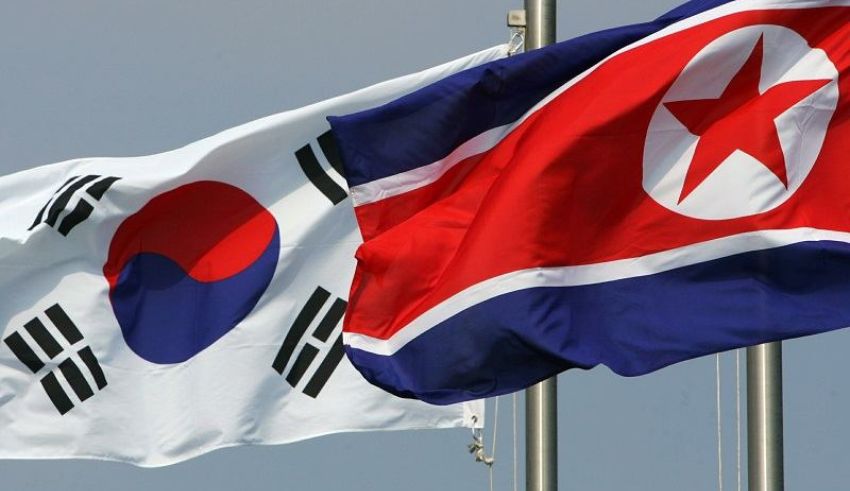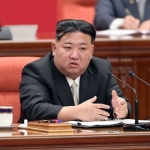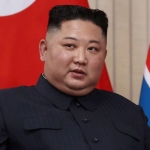
As South Korea prepared for its parliamentary elections, North Korea’s state-controlled media unleashed a scathing attack on President Yoon Suk Yeol, labeling him a “fascist dictator” and “warmonger.” This editorial seeks to understand the motivations behind Pyongyang’s harsh rhetoric at such a critical juncture.
Timing and Tensions
The timing of North Korea’s attack, on the eve of South Korea’s elections, is telling. It reflects Pyongyang’s longstanding strategy of using provocative language to influence its neighbor’s political landscape.
Yoon’s Hardline Stance
President Yoon’s hardline policies toward North Korea have undoubtedly riled Pyongyang. His administration has taken a firm stance against the North, aligning closely with the United States and Japan, which has led to heightened tensions on the peninsula.
Keep Reading
Internal and External Messaging
North Korea’s verbal assault serves a dual purpose: it reinforces internal propaganda by portraying the South as an enemy, and it sends a message to the international community of Pyongyang’s discontent with the current South Korean government.
The Broader Context
This incident cannot be viewed in isolation. It comes against a backdrop of North Korea’s policy shift to treat the South as a separate, enemy state, and Kim Jong Un’s declaration that peaceful reunification is impossible. Such statements are part of a broader psychological warfare aimed at influencing the South Korean electorate and weakening the government’s position.
North Korea’s attack on President Yoon Suk Yeol is a calculated move to sway public opinion and exert pressure on South Korea’s political dynamics. It underscores the fragile nature of inter-Korean relations and the impact of domestic politics on regional security.


























